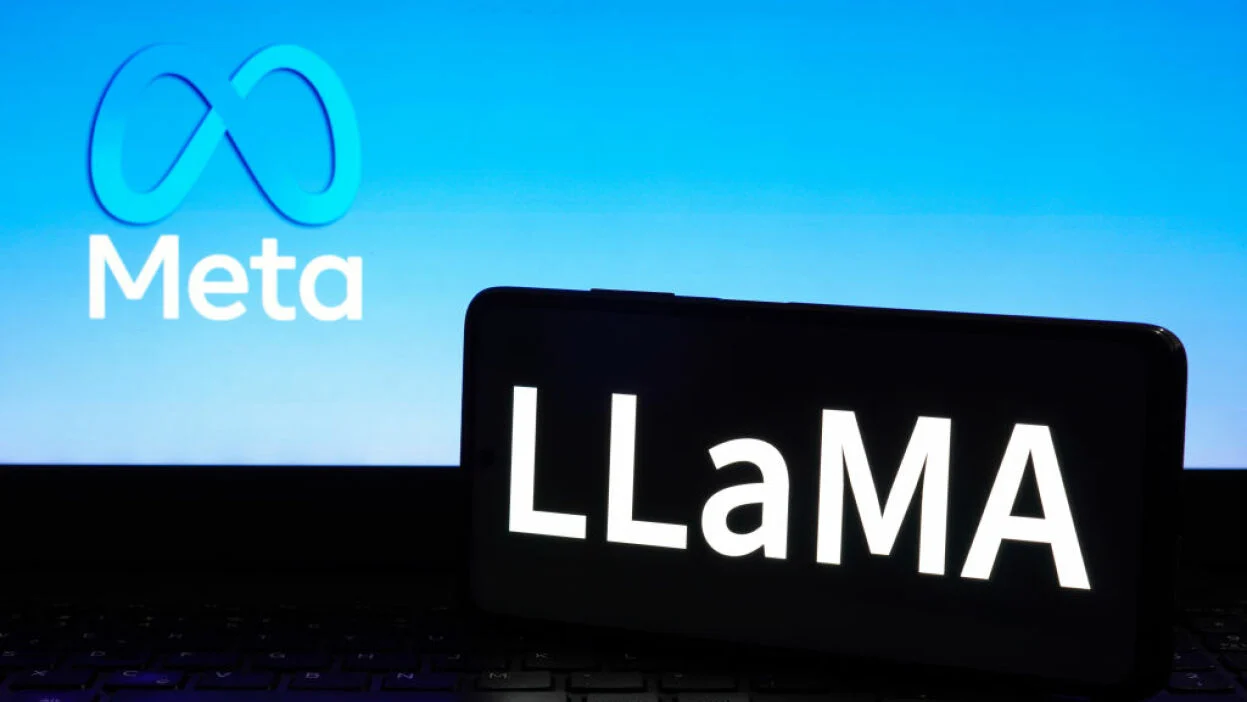Open source watchdog points out that the license for Llama 2 is not technically “open source” and should be changed.
The Open Source Initiative (OSI) is a watchdog organization that has accused Meta of misusing the term “open source” saying that the license of LLaMa models like the new Llama 2 does not actually meet the terms of the open source definition. The license restricts commercial use and certain areas of applications, which does not align with the spirit of open source software.
In the opinion blog post, OSI says:
Even assuming the term can be validly applied to a large language model comprising several resources of different kinds, Meta is confusing “open source” with “resources available to some users under some conditions,” two very different things … Among other requirements, for a license to be Open Source, it may not discriminate against persons or groups or fields of endeavor … Meta’s license for the LLaMa models and code does not meet this standard; specifically, it puts restrictions on commercial use for some users … and also restricts the use of the model and software for certain purposes.
Stefano Maffulli, Executive Director, Open Source Initiative
Earlier, the IEEE also reported that models like ChatGPT and Llama 2 are not open source, quoting a group of Dutch scientists on their research during the 5th International Conference on Conversational User Interfaces.
One of the researchers from Radboud University said “Meta using the term ‘open source’ for this is positively misleading.”
Notably, OSI has no problem with Meta desiring to limit the use of their language models for competitive purposes, especially when they are working in an industry contested by tech giants like Microsoft and Google, but they should not be using the “open source” label for such models.
Commenting on the true significance of open source software like the Linux kernel being used everywhere from medical devices to rockets, Maffulli writes that “You can’t know beforehand what can happen in the future, good or bad,” so there should be no restrictions on open source software’s use.

